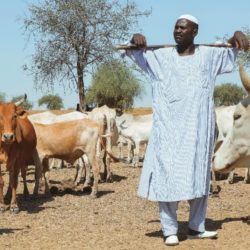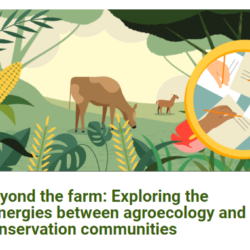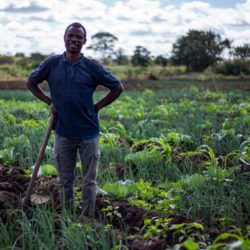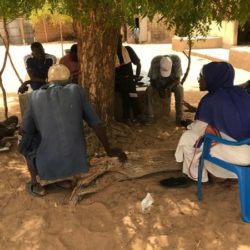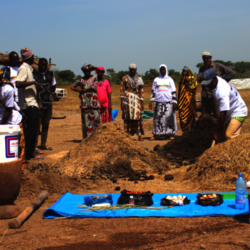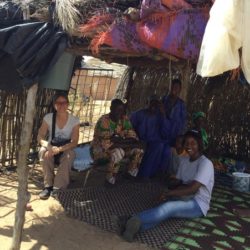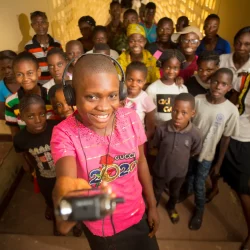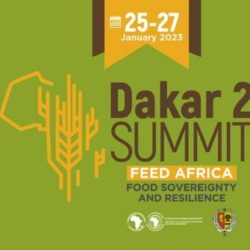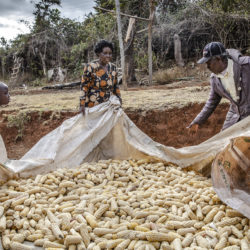Rural people in Sudan call time on water wars
As the climate crisis takes hold, it’s said that the wars of the future will be over one of the most fundamental of human rights: water. In many parts of Sudan, these wars have already begun. Sudan lies in the semi-arid Sahel. Nomadic herders and their livestock have long crisscrossed these vast borderlands of the Sahara Desert. With an estimated 140 million animals, Sudan has one of the largest livestock sectors in

